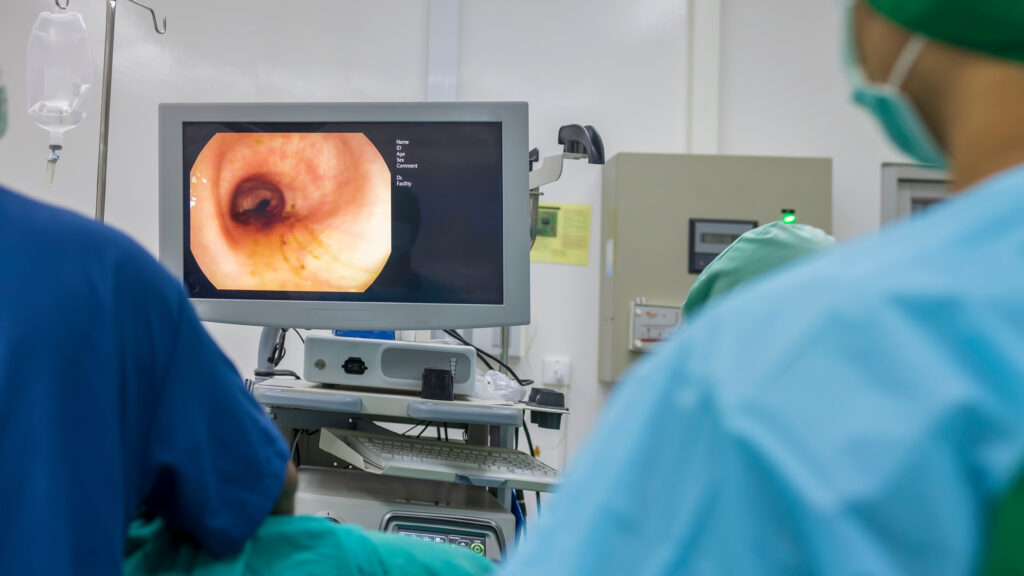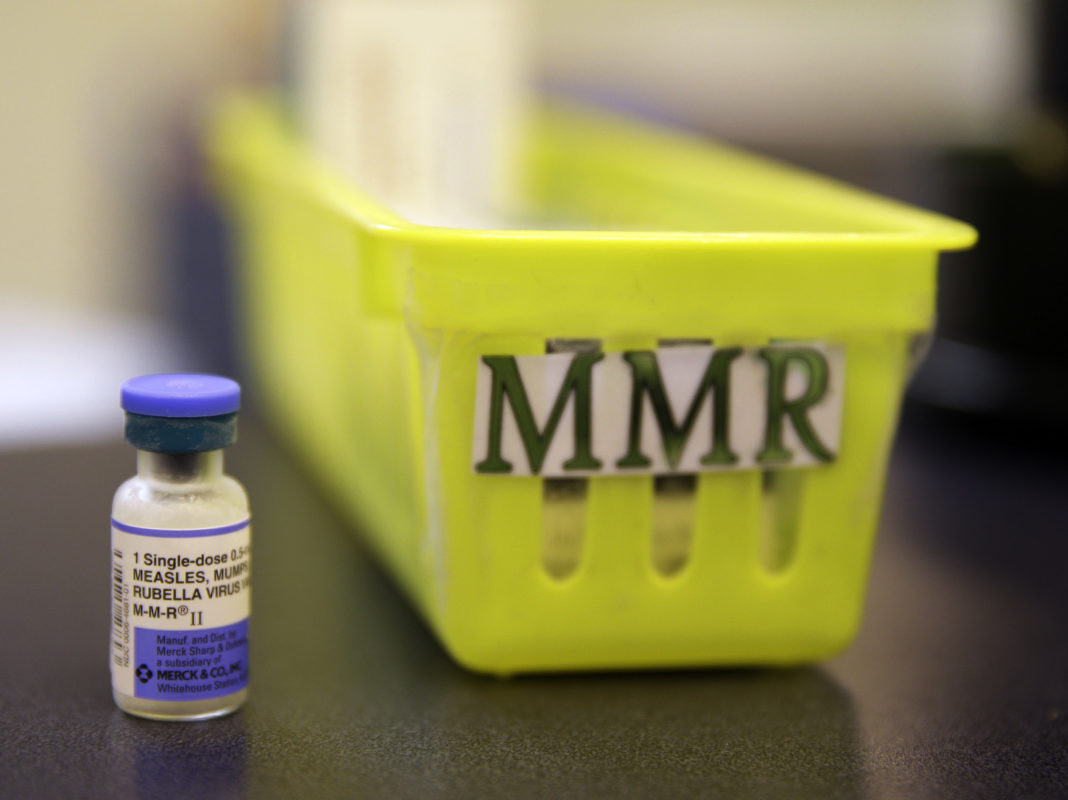AI's Medical Breakthrough: Can Robots Spot What Doctors Miss in Colonoscopy Screenings?
Health
2025-03-20 13:59:21Content

AI-Assisted Colonoscopies: Weighing the Evidence for Broader Implementation
As artificial intelligence continues to revolutionize healthcare, medical professionals are closely examining the potential of AI-powered colonoscopy technologies. The emerging question isn't just about technological capability, but about substantive clinical evidence supporting wider adoption.
Recent studies suggest that AI-assisted colonoscopy systems show promising results in improving detection rates of precancerous and cancerous lesions. These advanced technologies can potentially enhance screening accuracy, reduce human error, and ultimately save lives through more precise diagnostic processes.
However, healthcare experts remain cautiously optimistic. While initial research demonstrates significant potential, more comprehensive clinical trials are needed to definitively prove the technology's reliability and effectiveness across diverse patient populations.
Key considerations include:
- Accuracy of AI detection algorithms
- Cost-effectiveness of implementation
- Integration with existing medical workflows
- Long-term patient outcomes
As the medical community continues to evaluate these innovative technologies, the future of AI in diagnostic procedures looks increasingly promising, yet requires continued rigorous scientific scrutiny.
AI's Frontier in Medical Diagnostics: Revolutionizing Colonoscopy Screening
In the rapidly evolving landscape of medical technology, artificial intelligence is emerging as a transformative force, challenging traditional diagnostic methodologies and offering unprecedented precision in healthcare interventions. The intersection of machine learning and medical imaging represents a critical frontier where innovation meets patient care, promising to reshape how we approach complex medical screenings.Breakthrough Technology Promises Smarter, More Accurate Medical Diagnostics
The Technological Revolution in Medical Screening
Artificial intelligence has been steadily infiltrating medical diagnostic processes, challenging long-established clinical practices. Colonoscopy, a critical screening procedure for detecting potential gastrointestinal abnormalities, stands at the forefront of this technological transformation. Machine learning algorithms are now demonstrating remarkable capabilities in identifying subtle visual patterns that might escape human perception, potentially revolutionizing early disease detection strategies. Sophisticated neural networks trained on extensive medical imaging datasets can now analyze colonoscopic images with unprecedented accuracy. These AI systems can detect microscopic changes, polyps, and potential malignancies with a level of precision that surpasses traditional human visual examination. By integrating advanced pattern recognition techniques, these technological innovations promise to enhance diagnostic accuracy while reducing human error.Clinical Evidence and Performance Metrics
Emerging research suggests that AI-assisted colonoscopy technologies are not merely theoretical constructs but practical, implementable solutions. Comprehensive studies have demonstrated that machine learning algorithms can identify potentially cancerous lesions with sensitivity rates approaching 95%, significantly higher than traditional manual screenings. Multiple international research institutions have conducted rigorous trials comparing AI-enhanced diagnostic techniques with conventional methods. These studies reveal compelling evidence of improved detection rates, particularly for smaller, harder-to-identify polyps that might be overlooked during standard examinations. The potential implications for early cancer detection are profound, potentially saving countless lives through more precise screening protocols.Ethical and Practical Implementation Challenges
Despite promising technological advancements, integrating AI into medical diagnostics is not without significant challenges. Healthcare professionals and regulatory bodies must carefully navigate complex ethical considerations surrounding algorithmic decision-making in medical contexts. Questions regarding algorithmic bias, data privacy, and the potential displacement of human expertise remain critical discussion points. While AI demonstrates remarkable diagnostic capabilities, it cannot entirely replace human clinical judgment. The most effective approach involves collaborative models where machine intelligence augments rather than replaces human medical expertise.Economic and Healthcare System Implications
The potential widespread adoption of AI-assisted colonoscopy technologies carries substantial economic implications. Healthcare systems could potentially reduce screening costs, minimize unnecessary invasive procedures, and allocate medical resources more efficiently. Initial implementation costs remain significant, requiring substantial investments in technological infrastructure, algorithm training, and professional retraining. However, long-term economic benefits could be substantial, potentially reducing overall healthcare expenditures by improving early detection and intervention strategies.Future Trajectory and Research Directions
The ongoing evolution of AI in medical diagnostics suggests an exciting future of increasingly sophisticated screening technologies. Researchers are continuously refining machine learning algorithms, expanding training datasets, and developing more nuanced diagnostic models. Emerging research focuses on creating more adaptable, context-aware AI systems capable of learning and improving their diagnostic capabilities continuously. The ultimate goal remains developing technologies that can provide consistently accurate, reliable, and compassionate medical screening experiences.RELATED NEWS

Global Travel Sparks Measles Alert: Fort Bend County Health Warns Residents

Breaking: Georgia Southern Transforms Campus Mental Health with Groundbreaking JED Initiative






